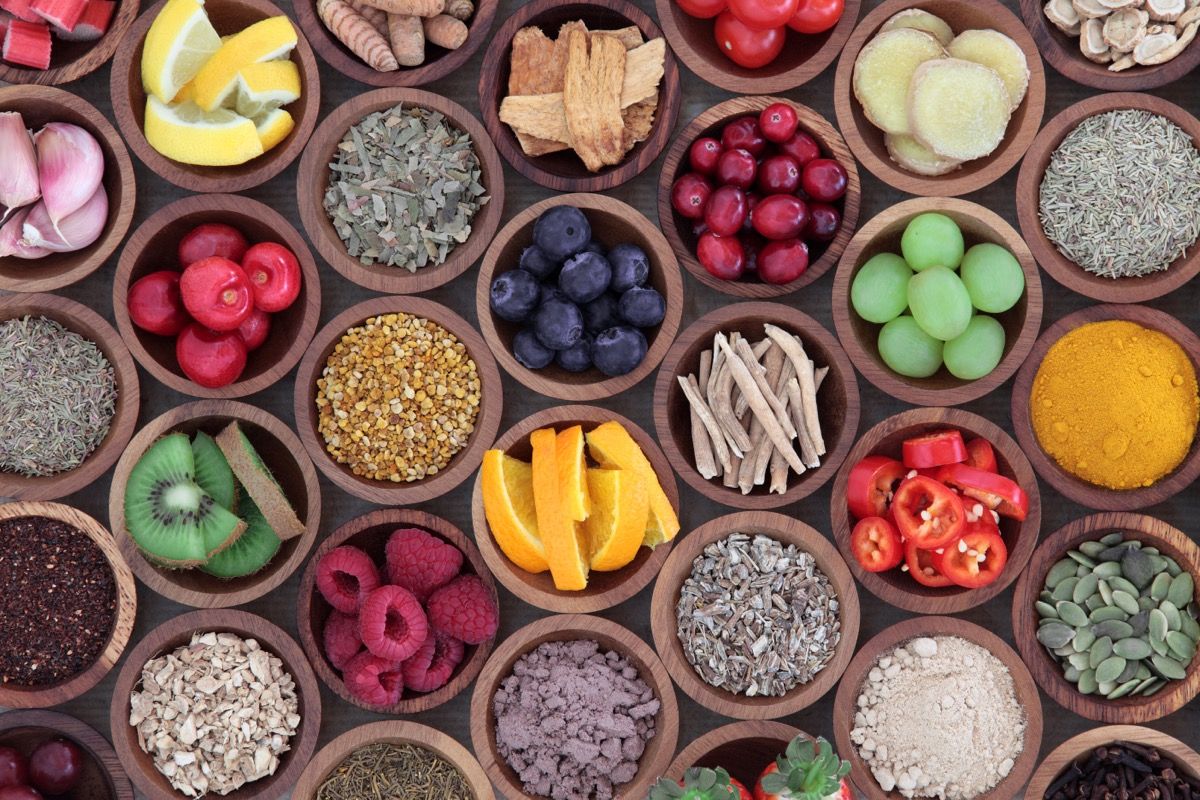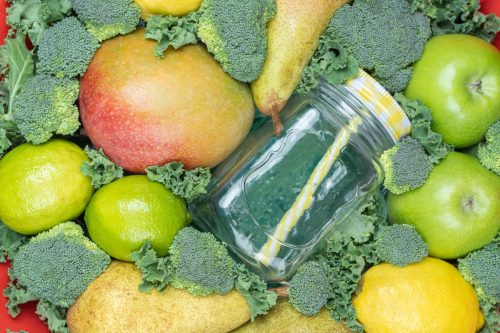Eating Fruits and Vegetables Protects Your Brain
Ever notice that parents are always telling children to eat their vegetables? It makes sense, considering fruits and veggies are the world’s healthiest foods. They deliver an array of nutritional value, such as vitamins, minerals, fiber, and other essential nutrients vital for staying healthy, managing weight, and reducing your risk of chronic disease, including the top two killers in America—cardiovascular disease and cancer.
While eating fruits and vegetables is necessary for maintaining a healthy weight and preventing disease, they also benefit your brain health. Higher consumption of fruits and veggies containing antioxidant flavonols is associated with a slower rate of memory decline and a lower risk of dementia, according to a recent study published in Neurology in November 2022. The study’s findings are timely, considering nearly 13 million U.S. adults are expected to develop Alzheimer’s disease (the most common form of dementia) by 2050.
Read on to learn how adding more fruits and veggies to your plate can keep your brain functioning in top form and help slow cognitive decline.
READ THIS NEXT: Doing This in the Bathroom Slashes Your Alzheimer’s Risk.
In the study, researchers followed 961 participants with an average age of 81, and who did not have dementia, for seven years. Participants completed an annual food-frequency questionnaire answering how often they consumed certain foods. They were also given cognitive and memory tests each year and questioned about various lifestyle factors, such as level of physical activity and how much time they spent doing mentally engaging activities.
Using a global cognition score, the researchers calculated participants’ cognitive decline rates. The scores ranged from 0.5 (no cognitive impairment) to -0.5 (Alzheimer’s disease). They concluded that those with the highest antioxidant flavonol intake experienced a decline rate of 0.4 units per decade slower than the lowest intake participants.
“It’s exciting that our study shows making specific diet choices may lead to a slower rate of cognitive decline,” said Thomas Holland, MD, MS, study co-author and medical advisor in the Department of Internal Medicine at Rush University in Chicago, IL. “Something as simple as eating more fruits and vegetables and drinking more tea is an easy way for people to take an active role in maintaining their brain health.”
READ THIS NEXT: Taking This Common Medication Long-Term Could Lead to Alzheimer’s, Studies Say.

According to the researchers, the slower rates of cognitive decline associated with flavonols were due to its high antioxidant and anti-inflammatory properties. “A healthy diet that contains various fruits and vegetables is critical for continued health, especially brain health,” Holland told Medical News Today. “It is generally known that the vitamins and minerals found in these food items are important. But now we are understanding that it’s the entire composition of the food, inclusive of bioactives like flavonols, that render these foods beneficial.”

Eating more high-flavonol fruits and vegetables (like apples, broccoli, kale, oranges, pears, spinach, and tomatoes) can help stave off cognitive decline and reduce dementia risk. “As our knowledge of cognitive decline and of the disease process of Alzheimer’s dementia expands, and we recognize that it is multi-factorial, we should prepare ourselves as best we can with multiple, scientifically based tools to help stave off the progression with an eye toward the ultimate goal of prevention,” said Holland.
For more health news sent directly to your inbox, sign up for our daily newsletter.

The antioxidants found in fruits and veggies (polyphenols, flavonols, and other bioactive compounds) act as knights in shining armor for combating inflammation in your body. Chronic inflammation is associated with a myriad of diseases of chronic conditions, and is a central mechanism in causing Alzheimer’s disease. Additionally, due to their antioxidant properties, flavonols reduce the build-up of harmful plaques in your brain that elevate dementia risk.
“On average, the darker a fruit or vegetable is, the higher its flavonol content,” explains Dana Ellis Hunnes, PhD, MPH, RD, a senior clinical dietitian at UCLA medical center and the author of Recipe For Survival. “Excellent sources of flavonols include berries and dark leafy greens. Also, tea, coffee, and wine (though not too much, as we also know that alcohol can be detrimental), are thought to be higher in flavonols and better for memory and overall health.”
" Conservative News Daily does not always share or support the views and opinions expressed here; they are just those of the writer."






